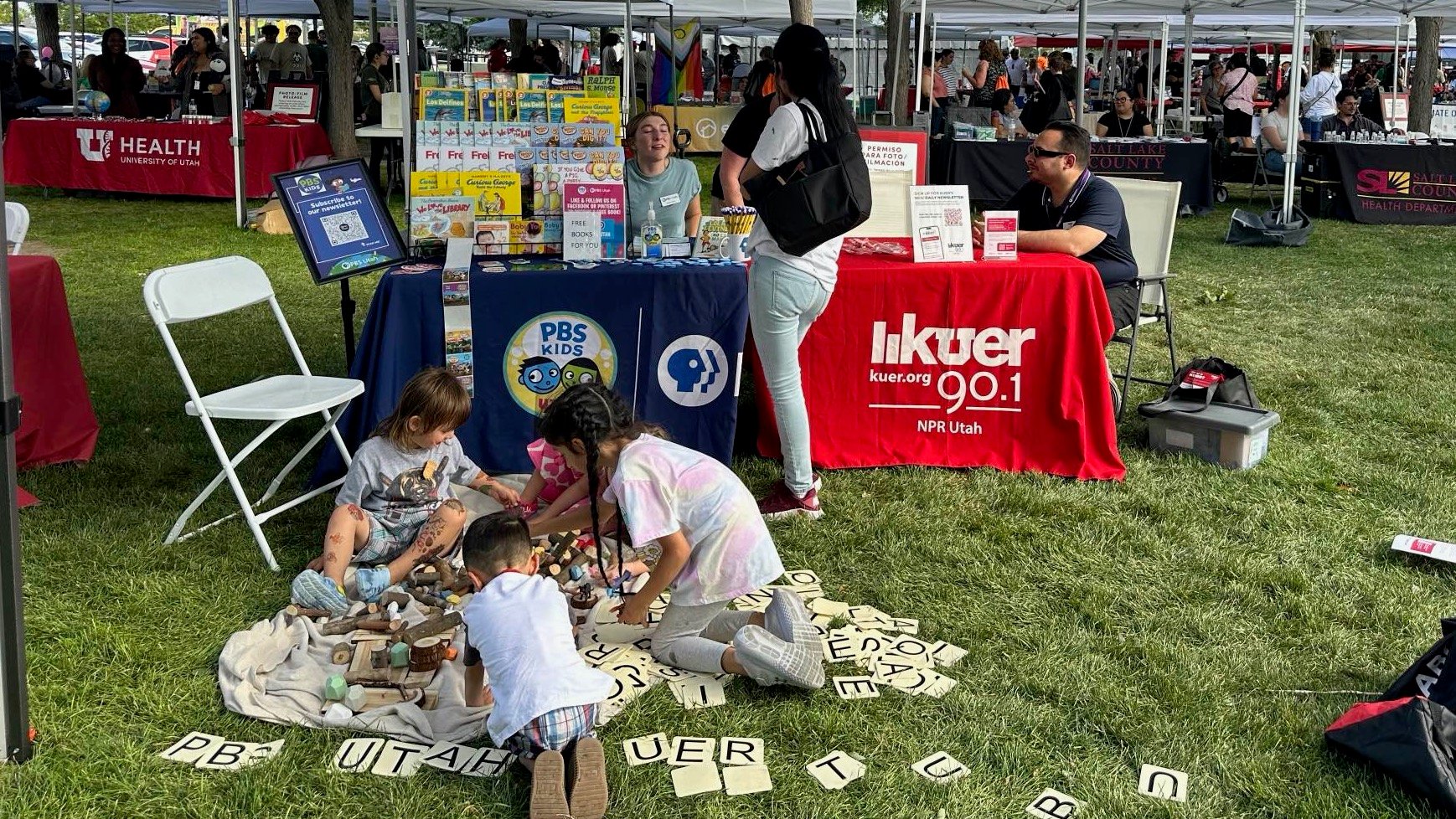Rust Belt collaborative aims for diverse recruitment strategy with CPB grant

Sergey Nivens / Shutterstock
As newsrooms face a racial reckoning, four public broadcasters are using a CPB grant to focus on diversity, equity and inclusion in their recruitment and retention strategies.
CPB awarded a two-year, $450,000 grant in August to Buffalo Toronto Public Media, Detroit Public TV, Ideastream Public Media in Cleveland and WQED in Pittsburgh to develop the next phase of their public media workforce collaborative.
The stations formed the collaborative in 2019 as a way for their small human resources offices to share best practices across the mid-size organizations. Stations also began sharing jobs internally so that employees could apply early.
The cooperation that managers established that year came in handy when the pandemic hit in 2020, according to Jason Argenas, HR director for WQED.
“It was a stressful time for all of us, but we had each other to talk with and talk through issues, like coming back to the building and COVID protocols,” he said. “None of us have to sit there and reinvent the wheel all by ourselves on an island, which is honestly what it used to be.”
The collaborative was able to accomplish some recruitment and retention goals without funding, such as establishing a mentorship program that partnered new employees with those who had five or more years of experience in public media. But the CPB grant will allow the stations to expand upon management training that wasn’t previously possible with tight budgets. Besides their geographic commonality, all four stations lack adequate resources to provide training, said Michael Shafarenko, chief experience officer at Ideastream Public Media.
“We saw common opportunities to work on culture because most of our stations have one HR person. That person is typically doing the blocking and tackling of HR: payroll and benefits,” he said. “But very rarely, if ever, do they have the capacity to really do … what we call ‘HR plus’ — really attending to the employee experience and being intentional about the culture we’re cultivating.”
Although the funds were granted last summer, many of those initiatives are still in the early planning stages. At Ideastream, the organization is selecting vendors for management training and has recruited a fellow who will research affinity groups that reflect diverse communities in the city. Those groups will help inform recruitment messaging, how job postings are written and other changes in the hiring process.
“We’re looking at affinity groups in our respective metro areas to try to figure out who we might connect with there, who could help us understand where we might reach more diverse candidates,” said Tracy Duda, VP of human resources at Detroit Public TV, adding that it could alleviate some of the recruitment challenges exacerbated by the pandemic.
The pandemic has stymied not only the collaborative’s efforts to recruit diverse candidates but its attempts to recruit a deep pool of applicants overall. The labor shortage has hit WQED, where recruiters are receiving half the amount of resumes they normally would for a position, and DPTV, where applications have slowed to a trickle compared to years past.
“Essentially what we’re seeing is where there might have been dozens of applicants for a particular job, we’re seeing like 20,” Duda said. “So that will be an additional challenge because if you’re not getting a pool of candidates, then it’s harder to broaden that pool.”
More efforts focused on recruitment should ramp up by the spring, along with management training. The collaborative selected Clementine Gold Group, a DEI consulting firm in Buffalo, which will help managers focus on developing skills like bias recognition, conflict resolution and how to manage a multigenerational and diverse staff, Argenas said.
“What we are lacking is training managers because oftentimes at a nonprofit organization, if you’re good at your job, you get promoted,” he said. “That doesn’t mean you have those management training skills.”






